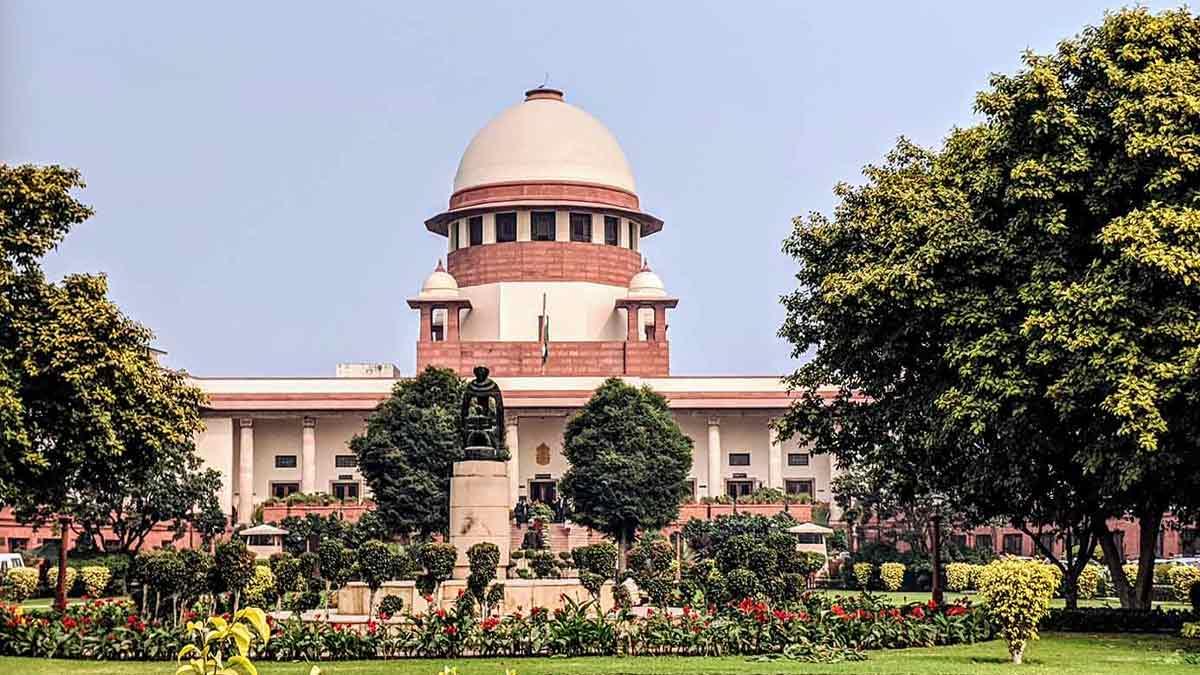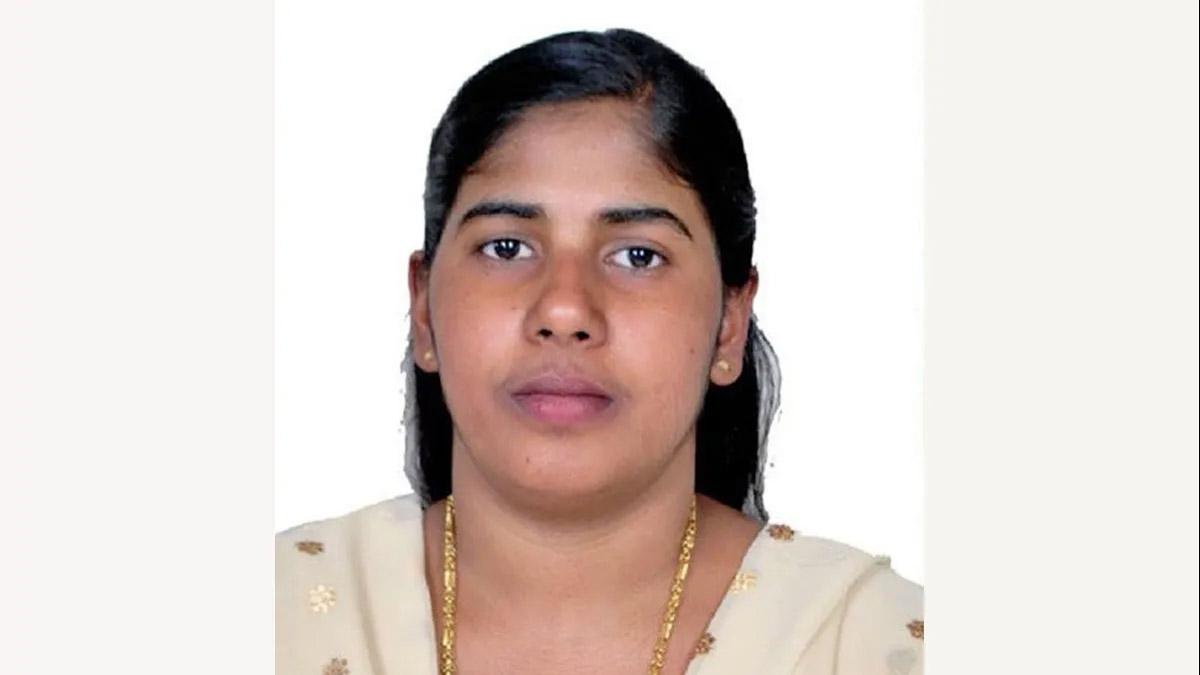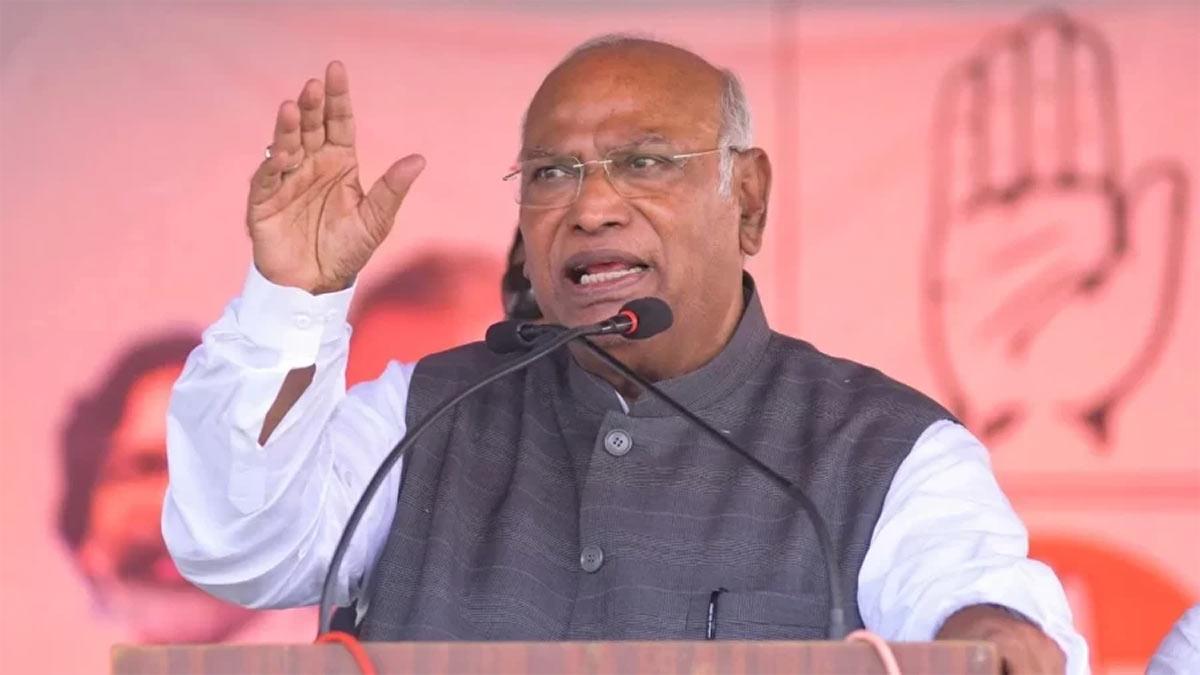The Supreme Court on Tuesday asked the Central and state governments to respond to a petition questioning the constitutional validity of a number of clauses in the Waqf Act of 1995.
The bench, led by Chief Justice of India (CJI) B.R. Gavai, at the commencement of the hearing indicated disinclination to hear the petition in light of its timing, raising questions as to why a law passed three decades ago was being challenged now.
"We will dismiss on the basis of delay. You are challenging the 1995 Act in 2025. Why would a challenge to the 1995 Act be heard in 2025?" said the bench which also comprised Justice A.G. Masih.
In rebuttal, the petitioner's attorney invoked the Supreme Court's 2021 ruling to review a similar challenge against the Places of Worship Act, 1991. He also contended that their petition also challenges the constitutional validity of the amendments to the Waqf Act in 2013 and 2025.
On behalf of the Union government, Additional Solicitor General Aishwarya Bhati communicated that there would be no procedural problem in merging the present petition with other ongoing pleas already filed against the Waqf Act, 1995.
But Bhati further stated that the top court had already clarified that challenges to the original Act of 1995 will not be entertained along with those against the recently enacted Waqf (Amendment) Act, 2025.
According to the submissions made, the CJI Gavai-headed bench served formal notice on the Centre and different state governments. The case was then clubbed with pending petitions on the constitutional challenge to the Waqf Act.
The plea asserted that the Waqf Act 1995 violates various provisions of the Constitution such as Articles 14, 15, 21, 25, 26, 27, and 300A. It called for the repeal of the law and its replacement with a secular frame of reference in keeping with constitutional principles of justice, equity, and good conscience.
"The Act is enacted to deal with the properties of the Muslims, but all this does not hold true for the believers of Hinduism, Buddhism, Jainism, Sikhism, Judaism, Bahaism, Zoroastrianism and Christianity. Therefore, it is completely against the secularism, unity and integrity of the country. Waqf is nowhere alluded in the Constitution," the petition said.
The petitioner also argued that if the intention of the Act was to protect minority rights under Articles 29 and 30, then the Act should also provide protection to all religious minorities, not only to the Muslim community.
Read also| NIA Detains CRPF Soldier for Espionage, Leaking Sensitive Data to Pakistan


















